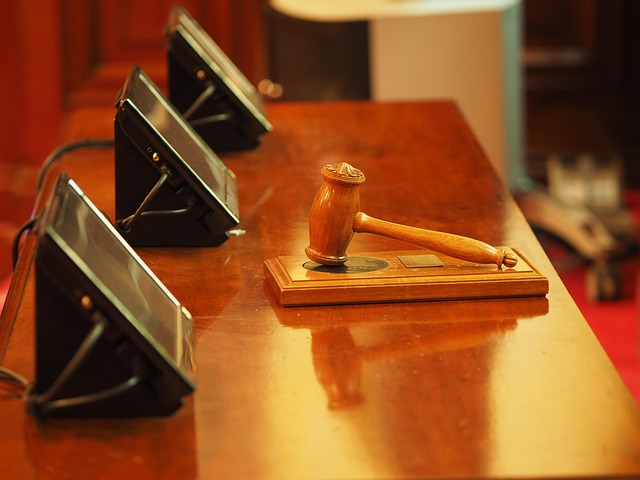Inadmissible evidence, such as extraneous statements, illegally seized items, and unreliable expert testimony, can significantly sway criminal cases in Houston. Criminal lawyers in Houston play a vital role in protecting defendants' rights by mastering evidentiary rules to ensure only reliable and relevant information reaches the jury. They aggressively challenge prejudicial testimony, unreliable physical evidence, and witness credibility to secure fair trials, aiming for acquittal or reduced charges for their clients.
In the pursuit of justice, understanding inadmissible evidence is paramount for a criminal lawyer Houston. This article delves into the intricate world of evidentiary rules, exploring why improper evidence poses significant challenges in criminal cases. We unravel the complexities, highlighting the crucial role of legal professionals in navigating these issues and suppressing inadmissible testimony. By examining key strategies, we empower readers to grasp the intricacies and impact on legal outcomes, emphasizing the expertise a criminal lawyer Houston brings to bear in such scenarios.
- Understanding Inadmissible Evidence: What It Is and Why It Matters in Criminal Cases
- The Role of a Criminal Lawyer Houston: Navigating Evidentiary Challenges and Suppressing Inadmissible Testimony
Understanding Inadmissible Evidence: What It Is and Why It Matters in Criminal Cases

Inadmissible evidence plays a pivotal role in shaping the outcome of criminal cases, and understanding what constitutes such evidence is paramount for both defendants and their Houston criminal lawyers. It refers to any material or testimony that a judge rules cannot be presented at trial due to its lack of relevance, hearsay nature, or potential to prejudice the jury. This could include out-of-court statements, illegal search findings, or expert opinions lacking scientific validity.
The significance of excluding inadmissible evidence is profound. It ensures fairness and prevents unjust convictions. For instance, a Houston criminal lawyer might argue that a confession obtained through coercion should be suppressed as it violates the defendant’s constitutional rights. By keeping such evidence out, the trial focuses on reliable and relevant facts, ensuring the accused receives a fair trial and protecting their legal rights.
The Role of a Criminal Lawyer Houston: Navigating Evidentiary Challenges and Suppressing Inadmissible Testimony

In the intricate dance of a criminal trial, the role of a Criminal Lawyer Houston is pivotal in navigating evidentiary challenges and suppressing inadmissible testimony. These legal professionals are experts in understanding and applying complex rules governing what evidence can be admitted in court. They scrutinize every aspect of potential testimony and physical evidence to ensure it meets the stringent criteria for admissibility set by Texas state laws and constitutional provisions.
A Criminal Lawyer Houston employs strategic tactics to exclude prejudicial or unreliable information that could sway the jury unfairly. This includes challenging the credibility of witnesses, examining the methodology behind scientific tests, and questioning the chain of custody for physical evidence. By doing so, they protect their client’s rights, ensure a fair trial, and aim to achieve an acquittal or reduced charge where possible.
In the pursuit of justice, understanding inadmissible evidence is paramount. This article has illuminated the significance of excluding improper evidence and the critical role a skilled criminal lawyer in Houston plays in this process. By navigating complex evidentiary rules, these professionals ensure fair trials, protect the rights of the accused, and safeguard the integrity of the criminal justice system. Relying on their expertise, they can successfully suppress inadmissible testimony, ensuring that only reliable and relevant evidence is considered, ultimately leading to more just outcomes.
